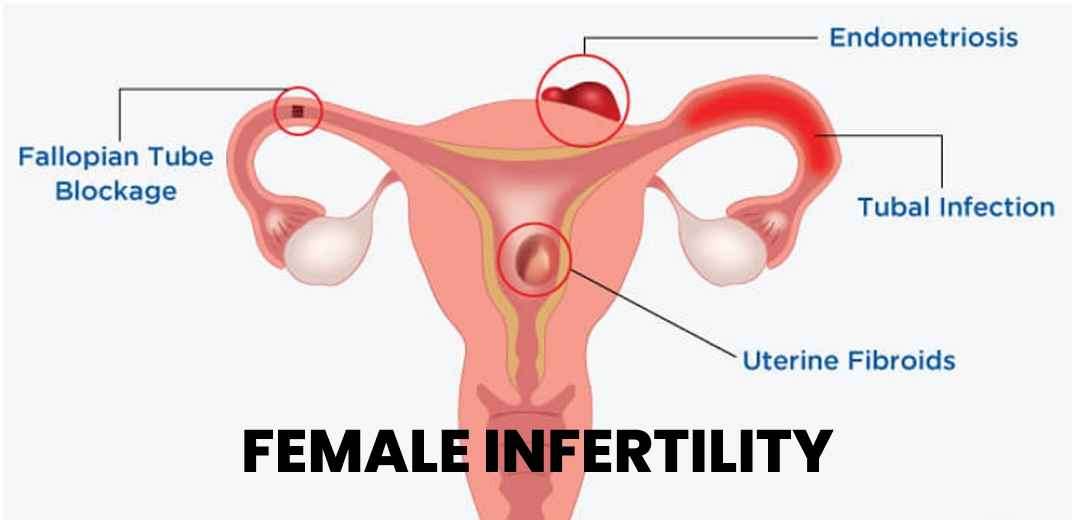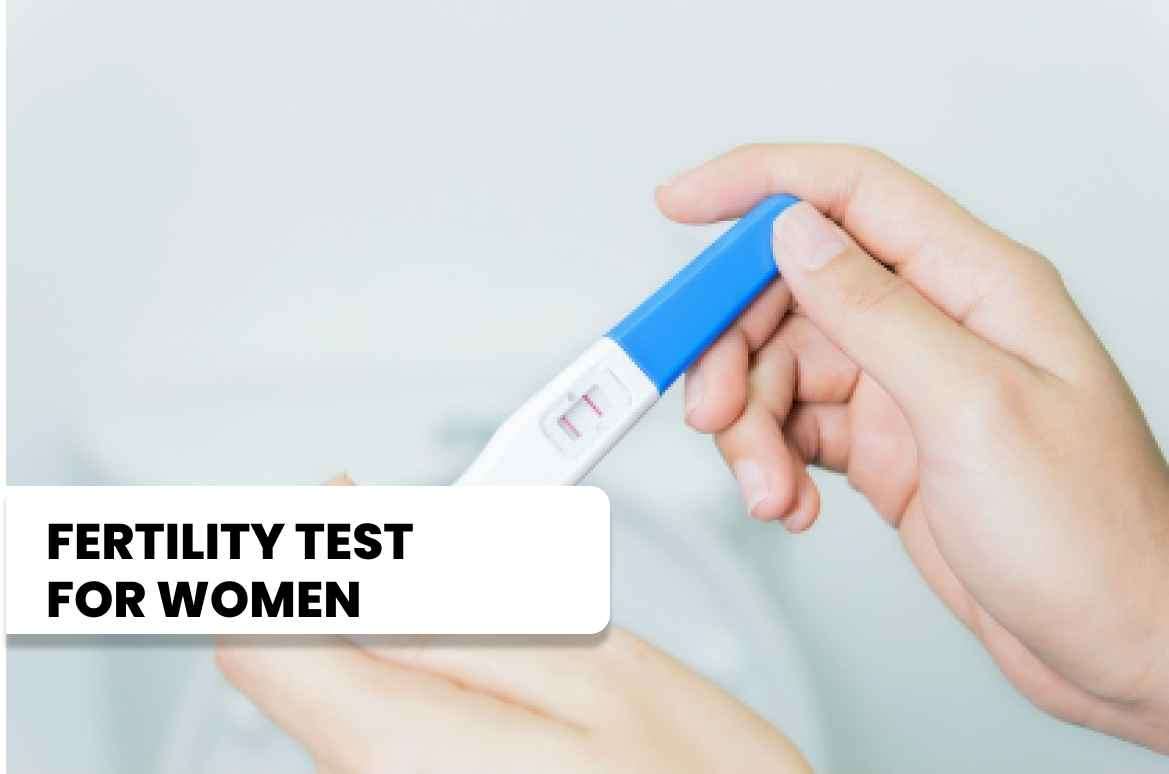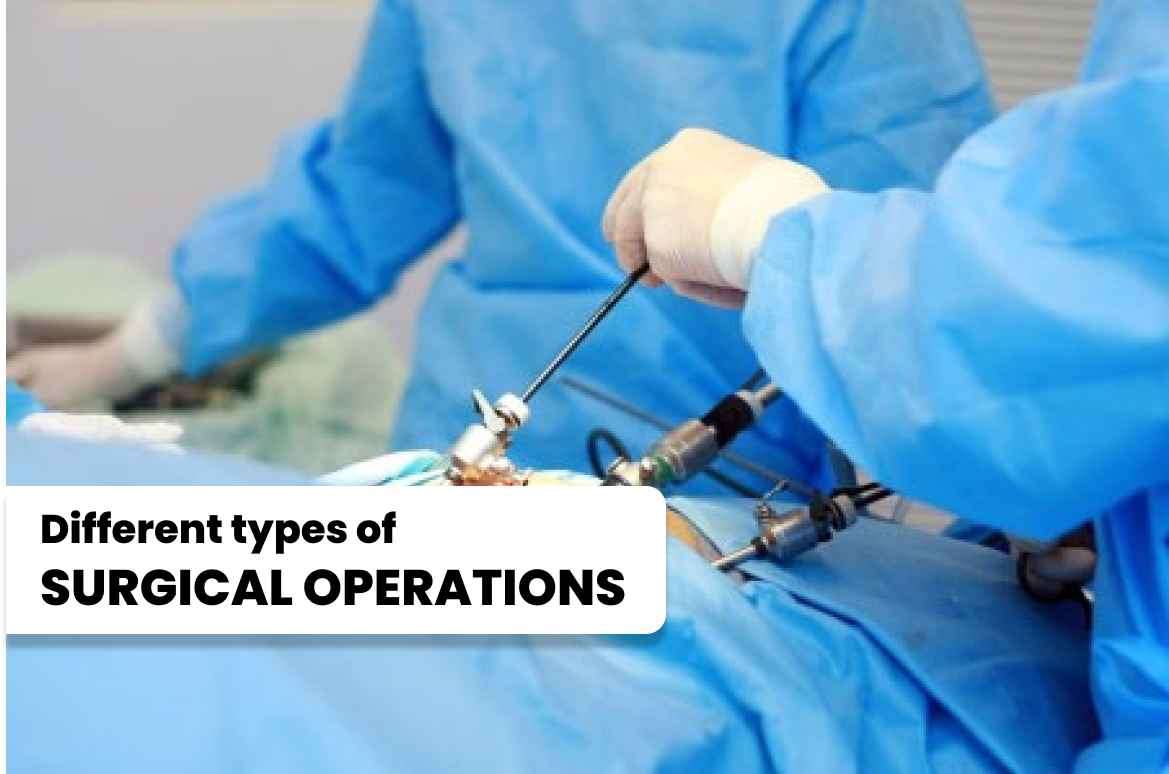If you suspect you may be experiencing infertility, it is advisable to consult with a healthcare professional or a reproductive endocrinologist. Call us to book a appointment with the best fertility specialist near you.
Infertility in females is the inability to conceive a child after one year of regular and unprotected sexual intercourse. It can be caused by a variety of factors, including problems with ovulation, blockages in the fallopian tubes, hormonal imbalances, and age-related decline in fertility. Female infertility can also be caused by medical conditions like endometriosis, polycystic ovary syndrome (PCOS), and uterine fibroids.
The main symptom of female infertility is the inability to conceive after one year of regular and unprotected sexual intercourse. Other symptoms may include irregular periods or painful periods.
Visit www.doctorsapp.in to know more.
Causes of Infertility in females Given below are some most common causes of female infertility, which include: Ovulation disorders: Problems with ovulation, such as irregular or absent ovulation, can make it difficult to conceive. Blocked fallopian tubes: Fallopian tube blockages can prevent the egg and sperm from meeting, which can make it difficult for fertilization to occur. Hormonal imbalances: Hormonal imbalances can disrupt ovulation and make it difficult to conceive. Age-related decline in fertility: As a woman gets older, her fertility declines, and it can become more difficult to conceive. Medical conditions: Conditions like endometriosis, PCOS, and uterine fibroids can affect fertility. Prevention of Female Infertility There are several lifestyle changes that women can make to help prevent infertility, including: Maintaining a healthy weight: Being overweight or underweight can affect fertility. Quitting smoking: Smoking can reduce fertility and increase the risk of miscarriage. Limiting alcohol intake: Drinking too much alcohol can affect fertility. Managing stress: Stress can affect fertility, so it's important to find ways to manage stress levels. Getting regular exercise: Regular exercise can help maintain a healthy weight and improve fertility.

Causes of Infertility in females
Given below are some most common causes of female infertility, which include:
Ovulation disorders: Problems with ovulation, such as irregular or absent ovulation, can make it difficult to conceive.
Blocked fallopian tubes: Fallopian tube blockages can prevent the egg and sperm from meeting, which can make it difficult for fertilization to occur.
Hormonal imbalances: Hormonal imbalances can disrupt ovulation and make it difficult to conceive.
Age-related decline in fertility: As a woman gets older, her fertility declines, and it can become more difficult to conceive.
Medical conditions: Conditions like endometriosis, PCOS, and uterine fibroids can affect fertility.
Prevention of Female Infertility
There are several lifestyle changes that women can make to help prevent infertility, including:
Maintaining a healthy weight: Being overweight or underweight can affect fertility.
Quitting smoking: Smoking can reduce fertility and increase the risk of miscarriage.
Limiting alcohol intake: Drinking too much alcohol can affect fertility.
Managing stress: Stress can affect fertility, so it's important to find ways to manage stress levels.
Getting regular exercise: Regular exercise can help maintain a healthy weight and improve fertility.
Fertility test for women Female infertility is diagnosed through a series of tests, including: Diagnostic test for female fertility: Blood tests can check hormone levels and determine if ovulation is occurring. Imaging tests: Tests like ultrasound can detect structural problems in the reproductive system. Ovarian reserve testing: Tests like antral follicle count can help determine the number of eggs remaining in the ovaries. Hysterosalpingography: This test uses dye and X-rays to check for blockages in the fallopian tubes.
Fertility Treatment for women
There are several treatment options available to help women sterility, including: Fertility drugs: Medications like clomiphene and letrozole can stimulate ovulation and increase the chances of conception. Assisted reproductive technology (ART): Procedures like in vitro fertilization (IVF) and intracytoplasmic sperm injection (ICSI) can help women with infertility conceive. Surgery: Surgical procedures like laparoscopy can correct structural problems in the reproductive system. Donor eggs or sperm: In cases where the woman's eggs or partner's sperm are not viable, donor eggs or sperm can be used.

Fertility test for women
Female infertility is diagnosed through a series of tests, including:
Diagnostic test for female fertility: Blood tests can check hormone levels and determine if ovulation is occurring.
Imaging tests: Tests like ultrasound can detect structural problems in the reproductive system.
Ovarian reserve testing: Tests like antral follicle count can help determine the number of eggs remaining in the ovaries.
Hysterosalpingography: This test uses dye and X-rays to check for blockages in the fallopian tubes.
Fertility Treatment for women
There are several treatment options available to help women sterility, including:
Fertility drugs: Medications like clomiphene and letrozole can stimulate ovulation and increase the chances of conception.
Assisted reproductive technology (ART): Procedures like in vitro fertilization (IVF) and intracytoplasmic sperm injection (ICSI) can help women with infertility conceive.
Surgery: Surgical procedures like laparoscopy can correct structural problems in the reproductive system.
Donor eggs or sperm: In cases where the woman's eggs or partner's sperm are not viable, donor eggs or sperm can be used.
There are several surgical options available to help women with infertility, including: 1. Laparoscopy: Laparoscopy is a minimally invasive surgical procedure that involves inserting a thin, lighted instrument called a laparoscope through a small incision in the abdomen. The laparoscope allows the doctor to examine the reproductive organs and identify any abnormalities that may be causing infertility. Laparoscopy can be used to diagnose and treat conditions such as endometriosis, ovarian cysts, and adhesions. 2. Hysteroscopy: Hysteroscopy is a minimally invasive procedure that involves inserting a thin, lighted instrument called a hysteroscope through the vagina and cervix to examine the inside of the uterus. Hysteroscopy can be used to diagnose and treat 3. 3.conditions such as uterine fibroids, polyps, and adhesions.

There are several surgical options available to help women with infertility, including:
1. Laparoscopy: Laparoscopy is a minimally invasive surgical procedure that involves inserting a thin, lighted instrument called a laparoscope through a small incision in the abdomen. The laparoscope allows the doctor to examine the reproductive organs and identify any abnormalities that may be causing infertility. Laparoscopy can be used to diagnose and treat conditions such as endometriosis, ovarian cysts, and adhesions.
2. Hysteroscopy: Hysteroscopy is a minimally invasive procedure that involves inserting a thin, lighted instrument called a hysteroscope through the vagina and cervix to examine the inside of the uterus. Hysteroscopy can be used to diagnose and treat 3. 3.conditions such as uterine fibroids, polyps, and adhesions.
Please Wait..